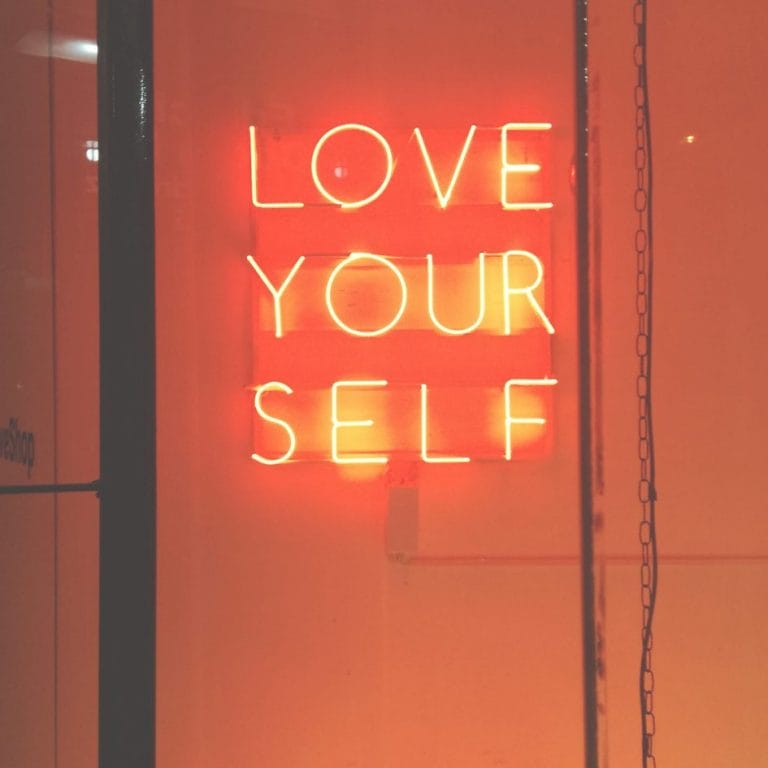
Self-Care is Mental Health
Self-Care is Mental Health
Self-care has become a popular buzzword, but what does it mean? In my work as a sex therapist, self-care is a vital part of treatment plans, focusing on enhancing self-awareness, wellness, and mental health. Proper self-care is more than just checking off activities on a to-do list—it’s about creating a lifestyle that supports your overall well-being.
What Is Self-Care?
Self-care encompasses everything you do to maintain your mental, physical, emotional, and spiritual health. It’s about committing to yourself and making choices that help you feel your best. Self-care improves your mood, relationships (including the one with yourself), and mental health.
It’s important to note that self-care is not self-indulgence or selfishness. While society often teaches us to turn to quick fixes like food, shopping, or alcohol to “feel better,” these behaviors only serve to numb emotions and do not truly address our needs. Authentic self-care is about listening to your body and mind and responding in ways that promote genuine healing and growth.
Why Is Self-Care Important?
Self-care is critical for managing stress and maintaining balance in your life. It’s significant for women, who are often socialized, to put the needs of others before their own. Cultural messages frequently encourage self-sacrifice, making it difficult for women to set boundaries or prioritize their well-being.
Taking time for self-care allows you to recharge, reduce stress, and reconnect with your inner self. Without it, stress can build up, leading to both psychological and physical health issues. Whether you’re dealing with significant life events like getting married, moving, or starting a new job, self-care is essential for navigating these changes.
What Are the Aspects of Self-Care?
Self-care looks different for everyone, and you must recognize what you need to feel balanced and supported. Here are some aspects of self-care to consider:
Mental Self-Care
- Self-reflection and awareness of thoughts and feelings
- Practicing mindfulness and meditation
- Challenging negative beliefs about yourself
- Processing emotions and significant life experiences
Physical Self-Care
- Regular exercise and movement
- Awareness of bodily sensations and arousal states
- Healthy eating habits
- Deepening your connection to your physical body and breath
Emotional Self-Care
- Allowing yourself to experience joy, sadness, or gratitude
- Sharing compliments and practicing verbal affirmations
- Building emotional intimacy with loved ones
Spiritual Self-Care
- Connecting with nature or developing a spiritual practice
- Exploring your inner purpose and life’s meaning
- Embracing creativity and personal growth
Professional Self-Care
- Creating a comfortable, personalized workspace
- Setting boundaries with coworkers and balancing the workload
- Building supportive professional relationships
How Boundaries Impact Self-Care
Boundaries are essential to self-care, but many struggle with setting them. We often fear disappointing others, feeling guilty, or facing criticism. Healthy boundaries allow us to say “no” when necessary, ensuring we don’t overwhelm ourselves or sacrifice our well-being for others.
Many people were never taught how to set boundaries, leading to confusion about their needs and a fear of impacting relationships. However, boundaries are not barriers—they are guidelines for understanding what does and doesn’t make you comfortable. By establishing clear boundaries, you protect your mental and emotional health, allowing yourself the freedom to prioritize self-care.
Self-Care Starts With You
To practice effective self-care, start by giving yourself permission to prioritize your needs. Trust your intuition and be honest with yourself about what brings you joy and peace. Focus on letting go of past experiences that no longer serve you and creating space for positive, present-focused energy.
Self-care is a journey, but it’s one worth taking. By nurturing yourself, practicing gratitude, and replacing negative thoughts with positive affirmations, you create a foundation for a healthier, happier life. You are the most crucial relationship in your life—take care of yourself first.






